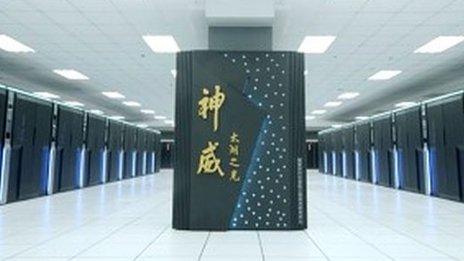Europe puts 1bn euros into supercomputer research
- Published
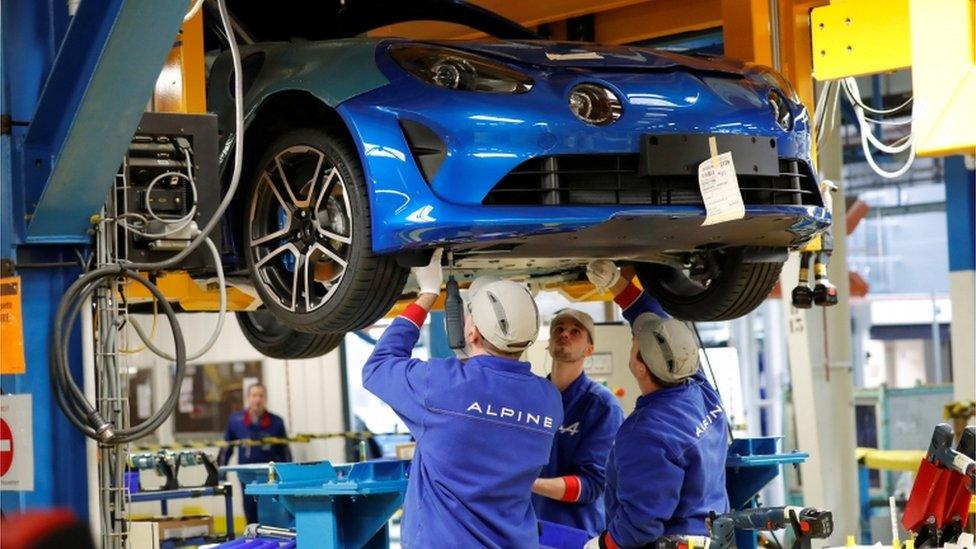
Car makers have had help from supercomputers which have been modelling manufacturing methods
The European Commission has unveiled plans to spend 1bn euros creating "world class" supercomputers.
The project was needed, it said, because European contributions to existing high-performance computing projects was "insignificant".
The cash will be spent developing machines that carry out a billion billion calculations per second.
The world's current fastest supercomputers are about a thousand times slower than this target.
The Commission said the machines would boost future industrial prosperity and pointed to existing machines that had helped car makers speed up production.
"Supercomputers are the engine to power the digital economy," said Andrus Ansip, EC vice-president for the digital single market. "It is a tough race and today the EU is lagging behind."
Research boost
In a statement laying out its plans,, external the Commission said initial work would concentrate on developing machines that match the computational capacities of the world's most powerful machines.
Many of these operate in the so-called petascale range which means they can carry out about a thousand trillion calculations per second. Each calculation is known as a floating point operation or flop.
China's Sunway TaihuLight is the world's speediest supercomputer and, at peak performance, can hit 93 petaflops.
The four computers that result from this first phase will be made available to businesses and research groups across Europe, said the Commission. They could help prevent disasters, tackle cyber-crime and improve healthcare, it said.
Expertise built up in the first phase would help Europe go beyond petaflops for the second stage of its research project and aims, by 2023, to make a machine that can breach the exaflop barrier.
China dominates the world supercomputer rankings and currently has 202 machines in the Top 500 list of processing powerhouses, external. The US has 143 machines in that list and Europe 93.
The long-term project also aims to boost European research into high-performance computing and help firms be more involved in the efforts of nations outside the region to create ultra-powerful machines.
Currently, said the research project, European HPC projects often had to look elsewhere for expertise and hardware when building its own machines and had an "insignificant" role in global projects.
- Published20 December 2017
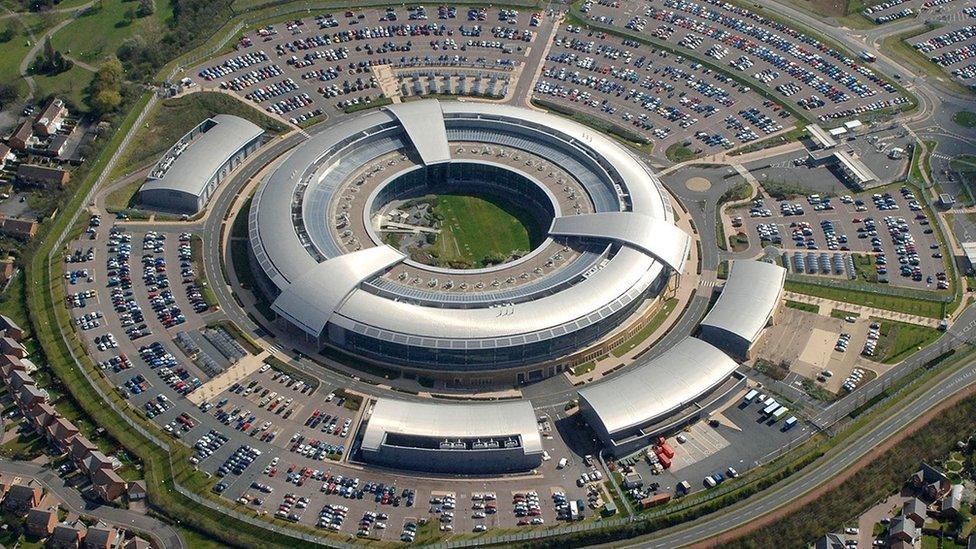
- Published13 November 2017
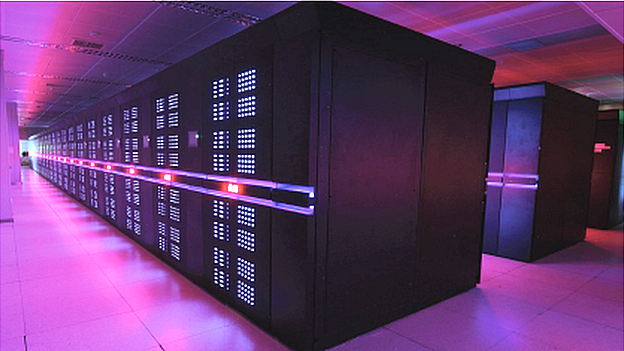
- Published6 October 2017
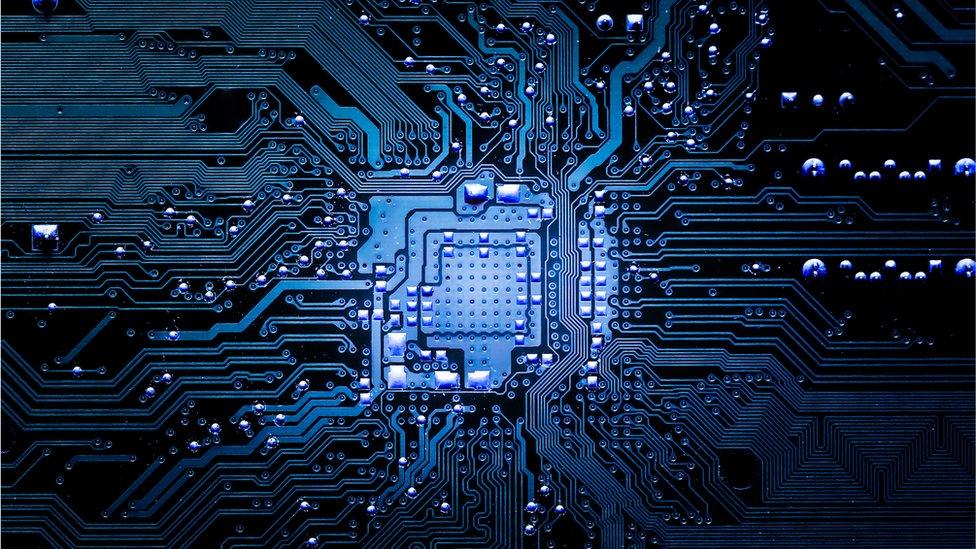
- Published20 June 2016
